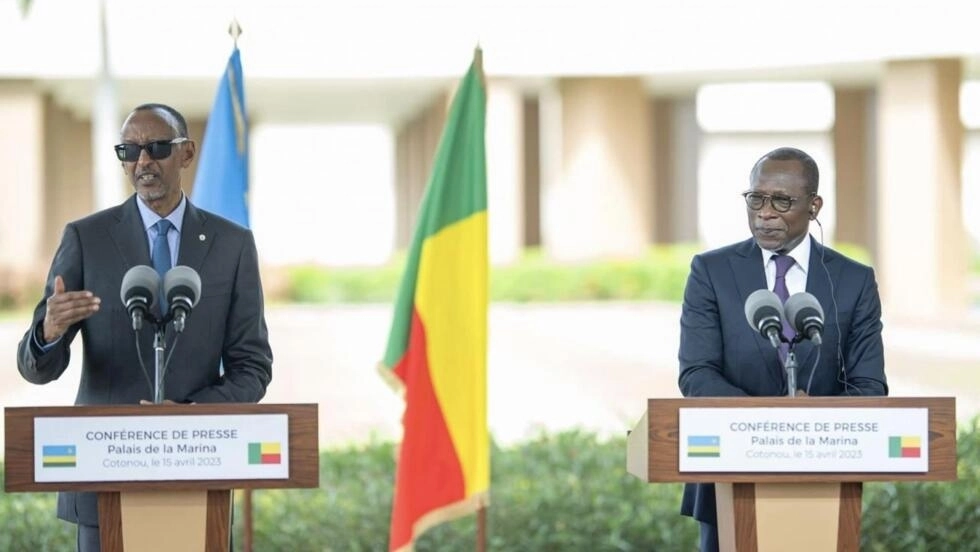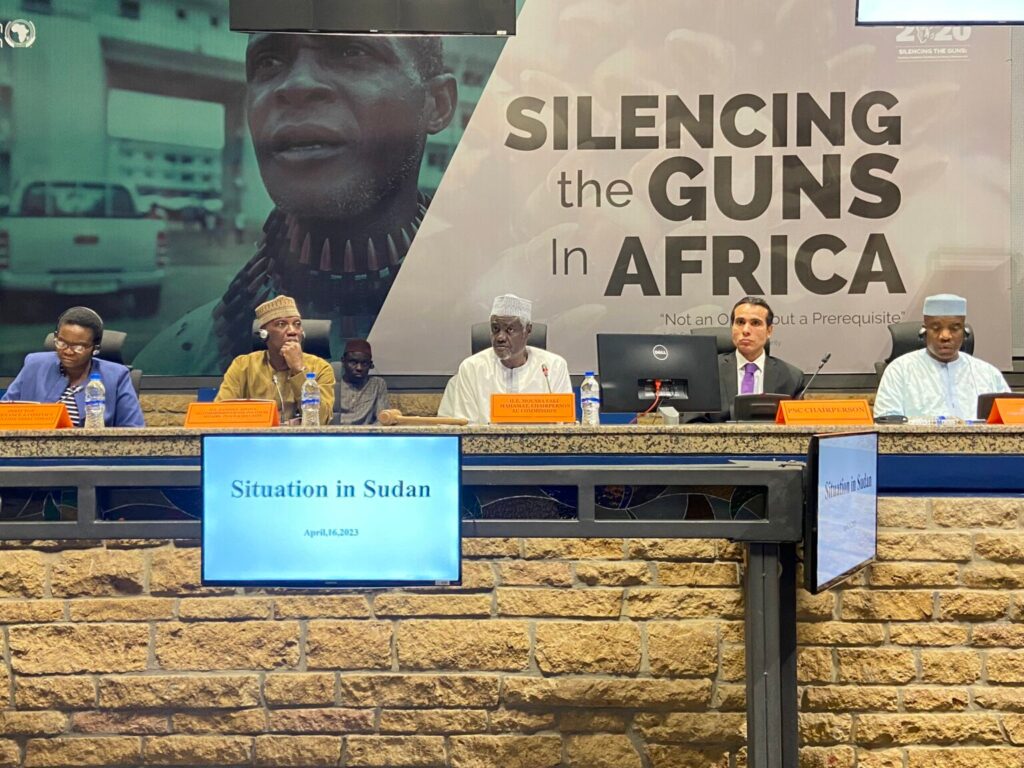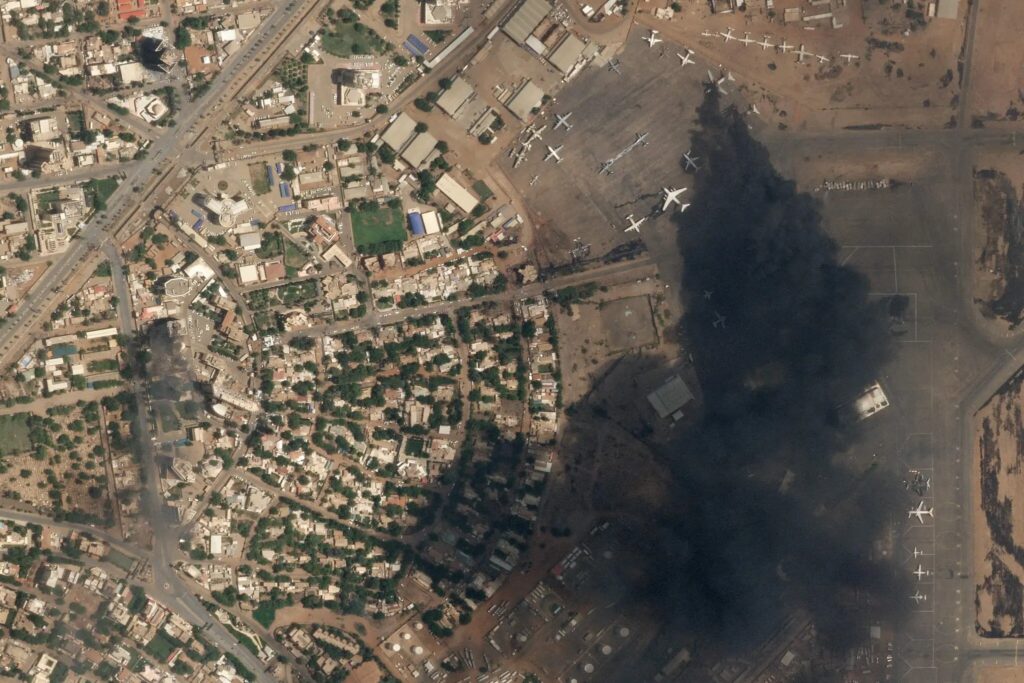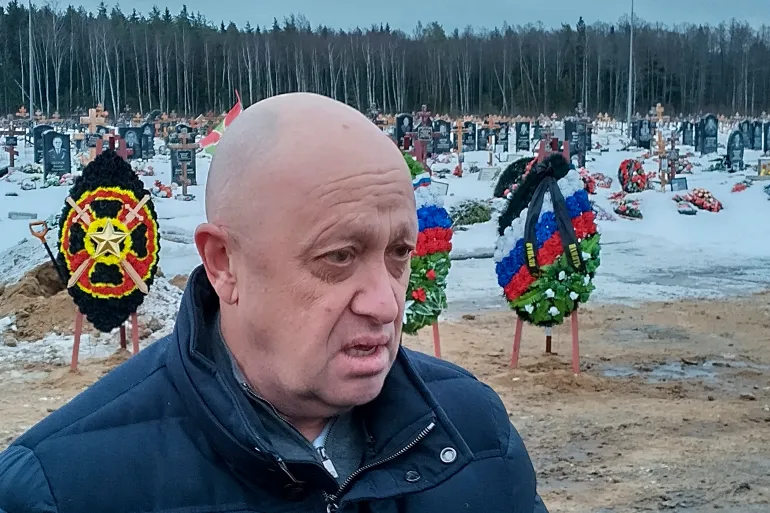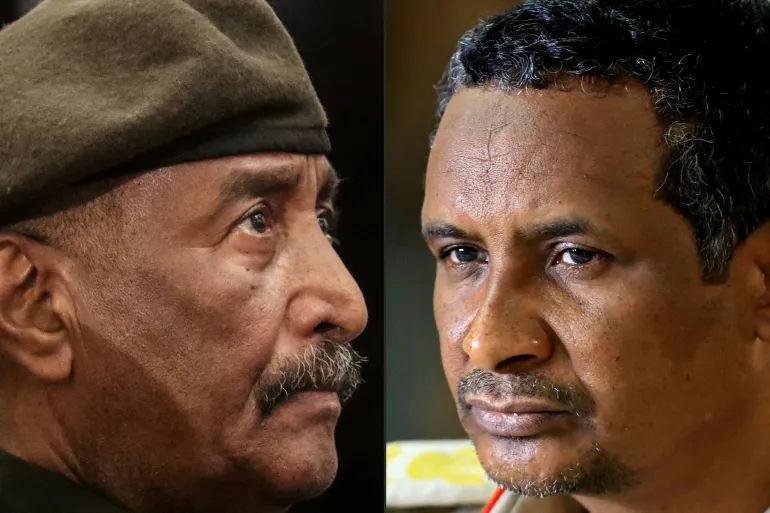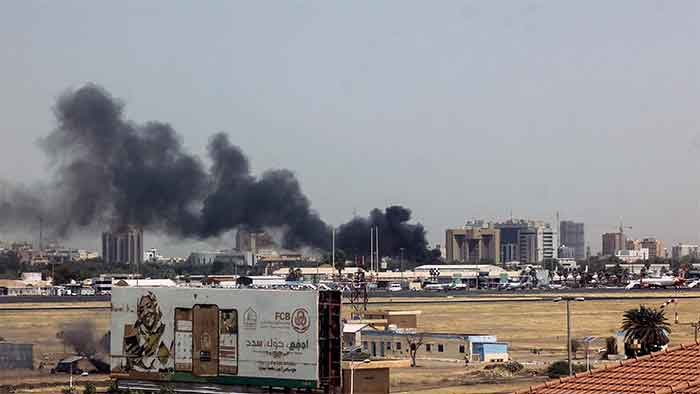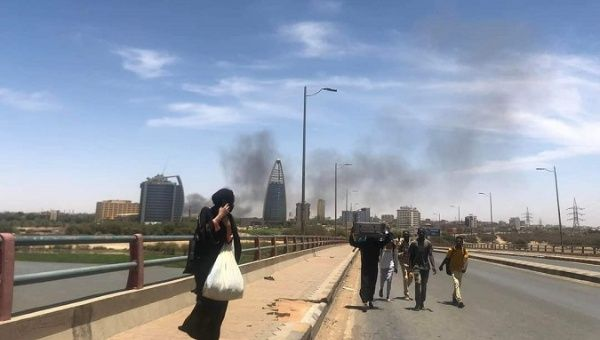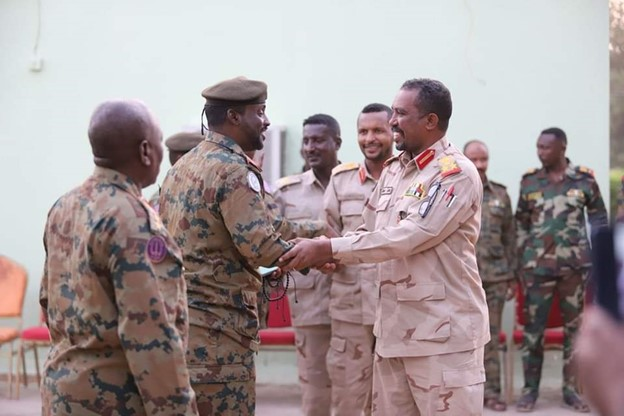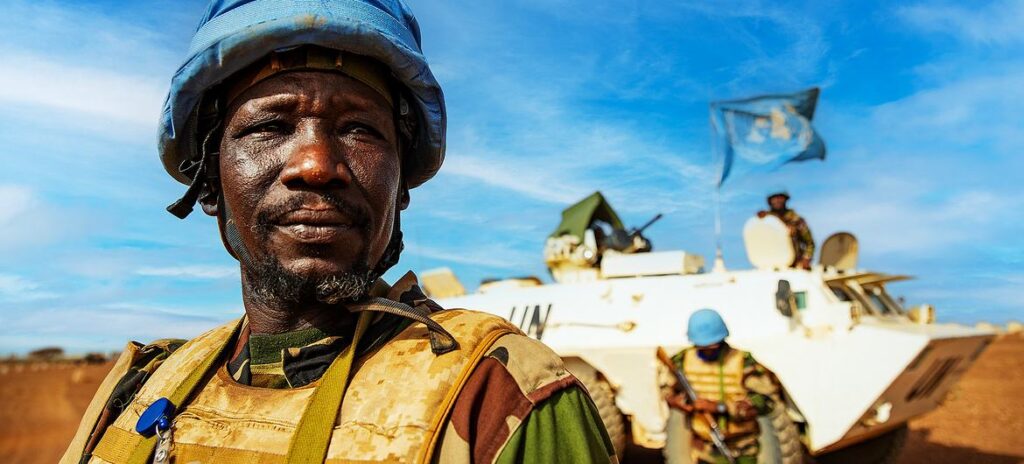
Des centaines de migrants à bord d’un vieux bateau rouillé ont applaudi alors qu’ils étaient remorqués dans le port sicilien de Catane, mercredi, par les garde-côtes italiens.
Les quelque 700 migrants à bord du bateau se sont retrouvés bloqués en mer après une panne de carburant.
L’agence des Nations unies pour les migrations a déclaré que les trois premiers mois de cette année ont connu le plus grand nombre de décès de migrants traversant la Méditerranée centrale à bord d’embarcations de passeurs depuis six ans.
L’Organisation internationale pour les migrations a déclaré mercredi que les retards dans les opérations de sauvetage menées par les États, voire l’absence d’aide, avaient contribué à un grand nombre de ces décès.
Au cours du premier trimestre de cette année, l’agence a documenté 441 décès de migrants le long de la dangereuse route maritime entre l’Afrique du Nord et les côtes méridionales de l’Europe.
En 2017, 742 décès connus ont été documentés au cours de la même période, tandis que 446 ont été enregistrés en 2015.
Le gouvernement italien de droite a déclaré mardi un état d’urgence national de six mois pour l’aider à faire face à l’afflux de migrants arrivant sur les côtes méridionales du pays.
La télévision d’État a déclaré qu’un commissaire spécial devrait être nommé.
Un financement initial de 5 millions d’euros (près de 5,5 millions de dollars) a également été approuvé dans le cadre de la mesure approuvée par la première ministre Giorgia Meloni et son cabinet.
Depuis le début de l’année, quelque 31 000 migrants, secourus par des bateaux militaires italiens ou des navires de bienfaisance ou parvenus en Italie sans assistance, ont débarqué, selon les chiffres du ministère de l’intérieur.
C’est près de quatre fois plus que les quelque 8 000 migrants débarqués au cours de la même période les deux années précédentes.
